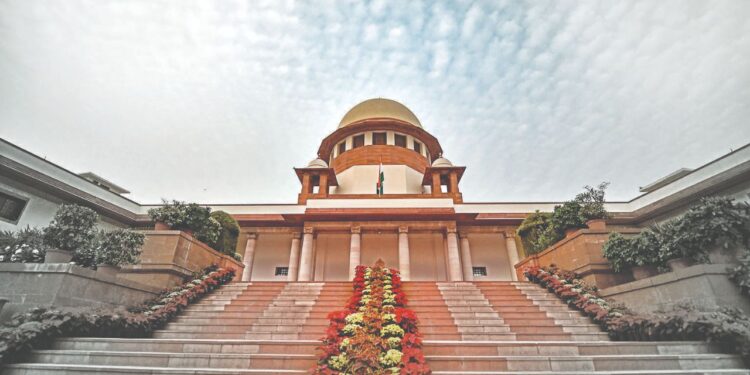On Friday, the Supreme Court overturned the 2008 decision of the National Consumer Disputes Redressal Commission (NCDRC), which had ruled that banks charging interest above 30% on credit card dues constituted an unfair trade practice [HSBC Vs Awaz Foundation].
A bench of Justices Bela Trivedi and Satish Chandra Sharma noted that the NCDRC had criticized banks for charging interest rates between 36% and 49% on credit card dues, highlighting the Reserve Bank of India’s (RBI) failure to regulate such practices. The Commission’s 2008 ruling focused on protecting consumers from potential exploitation due to high interest rates, particularly affecting financially vulnerable individuals.
The NCDRC’s findings included:
- Charging interest rates over 30% per annum on unpaid credit card dues was deemed an unfair trade practice.
- Penal interest could only be imposed once per default period and could not be capitalized.
- Charging interest with monthly rests was deemed exploitative and unfair.
- Banks were ordered to refrain from engaging in such practices.
The NCDRC had also expressed concerns about the absence of specific RBI guidelines capping the interest rates banks could charge on credit facilities, including credit cards. It pointed out that while certain states had laws limiting money lenders’ interest rates, no similar regulation existed for banks or non-banking financial companies (NBFCs) at the national level. The NCDRC’s decision was based on the premise that high interest rates could exploit vulnerable consumers and should be regulated.
The order was based on a plea filed by the Awaz Foundation, an NGO, advocating for consumer protection against excessively high credit card interest rates.
In response, several banks filed appeals against the NCDRC’s judgment. While the Supreme Court initially refused to stay the order, it granted a stay in 2009 after banks argued that the NCDRC had overstepped its jurisdiction by regulating banking operations.
In its final ruling, the Supreme Court set aside the NCDRC’s judgment, emphasizing that the consumer forum lacked the authority to regulate interest rates charged by financial institutions. A detailed copy of the judgment is still awaited.

















